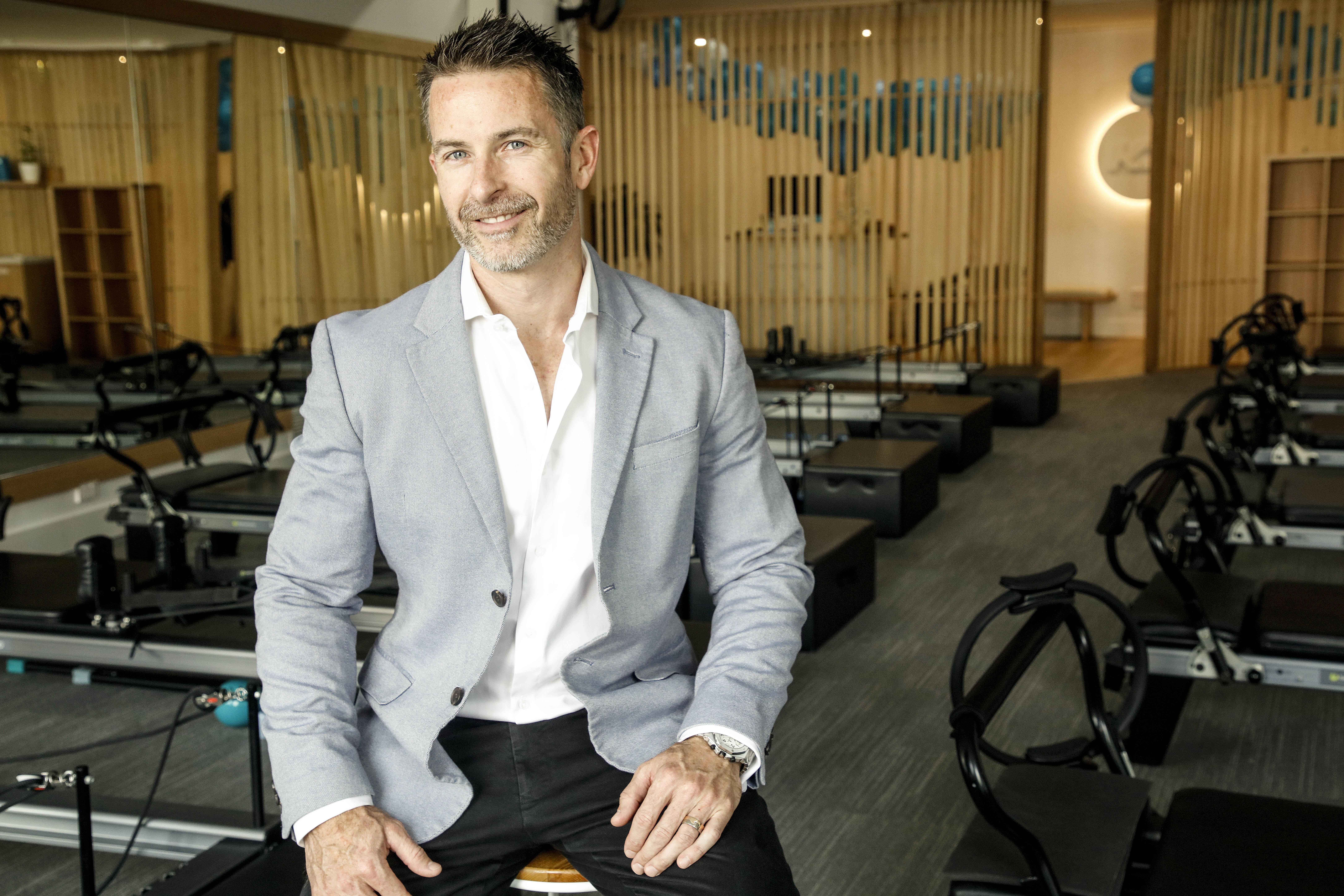Franchising your business is a great way to scale and grow, but it’s important that founders make a conscious decision about what type of franchisor they intend to be: a dictator, business partner or ambassador?
This decision is almost as important as the state of your books, staff and infrastructure. Consciously deciding how you’ll approach franchising can significantly accelerate your business’ success, or inadvertently hamper its long-term growth.
Being proactive and prepared will not only affect the internal company (present and future) but the franchise industry as a whole.
As a business evolves, a founder needs to focus on becoming the franchisor they need to be to guide their company. This has never been more critical for us as a business than during Covid.
I stepped down as CEO in late 2018 to focus on international expansion and innovation. At the beginning of Covid restrictions in March we were forced to shut all 68 studios and 33 remain closed in Victoria while our entire HQ work from home, many with children and without access to childcare.
This has been an extremely tough time for us, however, positioning myself outside of the CEO role has allowed me to provide that additional support for our HQ team and franchisees while our CEO Selina Bridge has been able to concentrate on the operational side of the business.
I’ve come across three types of franchisors, each with pros and cons:
The dictator
The dictator franchisor is exactly as the name suggests: it’s their way, or the highway. These individuals offer a franchise format that is ‘turn key’ with little room for customisation, or personalisation to the buyer. They rarely allow the ideas of others to come through, and operate with the mindset “you’ve bought in, now be quiet and follow.”
Some people argue that the dictator excels operationally because of their speed to get things done and implement efficient changes for a whole network. While it may be a way to work quickly, I believe it’s also often the fastest avenue to get franchisees offside.
The impact of remorseful franchisees far exceeds a toxic relationship with the franchisor, it impacts staff morale and brand identity. A dictator franchisor can make franchisees feel isolated or unsupported, which runs the risk of affecting overall company culture.
The business partner
Personally, I believe the ‘business partner franchisor’ is among the most successful as it focuses on franchisee empowerment and collaboration. Statistically, when there’s mutual respect and open dialogue, you’re better able to advance the business and brand.
By positioning yourself as a business partner, you’re inviting franchisees to be vulnerable and open, to share their feelings and concerns with you. This is not always an easy approach – it requires a lot of personalised effort – but I truly believe it better positions a brand for long-term success.
The beginning of a franchisee’s journey is also often when they’re most vocal with their business network, peers, friends and family. It’s imperative a franchisor considers what kind of word-of-mouth marketing this individual will spread, and how it could increase expressions of interests.
I personally would find it very unfulfilling to hear someone say ‘yes, they will treat you like a nameless corporate number, but you’ll probably also make a lot of money’.
The way franchisees are treated has a direct influence on staff culture, and by extension – customers. As most customers do not recognise whether an outlet is company-owned or a franchised, an offended franchisee could inadvertently pass on their attitude to a customer and negatively impact the brand.
Treating your franchisees like business partners also allows you to hear new problems and threats faster. Franchisees become an extension of your commercial eyes and ears and will often have a sense of ownership to address risks more promptly
By facilitating an open relationship, franchisees will feel empowered to approach you, knowing there’s the chance action will be implemented. When your company or even entire industry is potentially looking at weeks to months of not being able to operate through the bricks-and-mortar businesses and you need to quickly pivot your offering into an area that you might have no experience in, this two-way communication can be game changing
Franchisor ambassador
This type of franchisor is an extension of the business partner – they’re open and honest with their franchisees, however, operate on an industry-level. These franchisors do not stay within their lane, they strive to be a positive ambassador for the entire franchise industry. They represent the needs of their franchisees to the broader industry every day, and do not take this responsibility lightly.
Australia is among the most franchised countries in the world. A franchisor ambassador is passionate about communicating best practices within their internal network, and the industry. Positioning yourself as a franchisor ambassador shows you care about the industry, and the direction it’s going. Your franchisees will respect you as a thought leader and will be proud to be associated with you on a bigger stage.
Franchisor ambassadors need to be proactive with their public presence, attend networking events, gala evenings, participate in awards and more, knowing they’re not just representing themselves, but their franchisees too.
Early on, I jumped at any learning event I could attend, and networked my butt off. In Australia, regardless of niche, I found the majority of franchisors are dealing with the same core issues and are willing to help you succeed.
I was also a part of the franchisor board of the Franchise Council of Australia (FCA) in Melbourne. It was great to sit alongside these people and learn from them too.
Accolades have put the KX Pilates brand, and my name, ‘on the map’ and opened up many doors. People started going out of their way to meet me and were proactive to ask how they could help.
Positioning yourself as an advocate and ambassador for the franchise industry can be hugely successful for the long-term success of your business. You just have to be bold enough to go for it.






